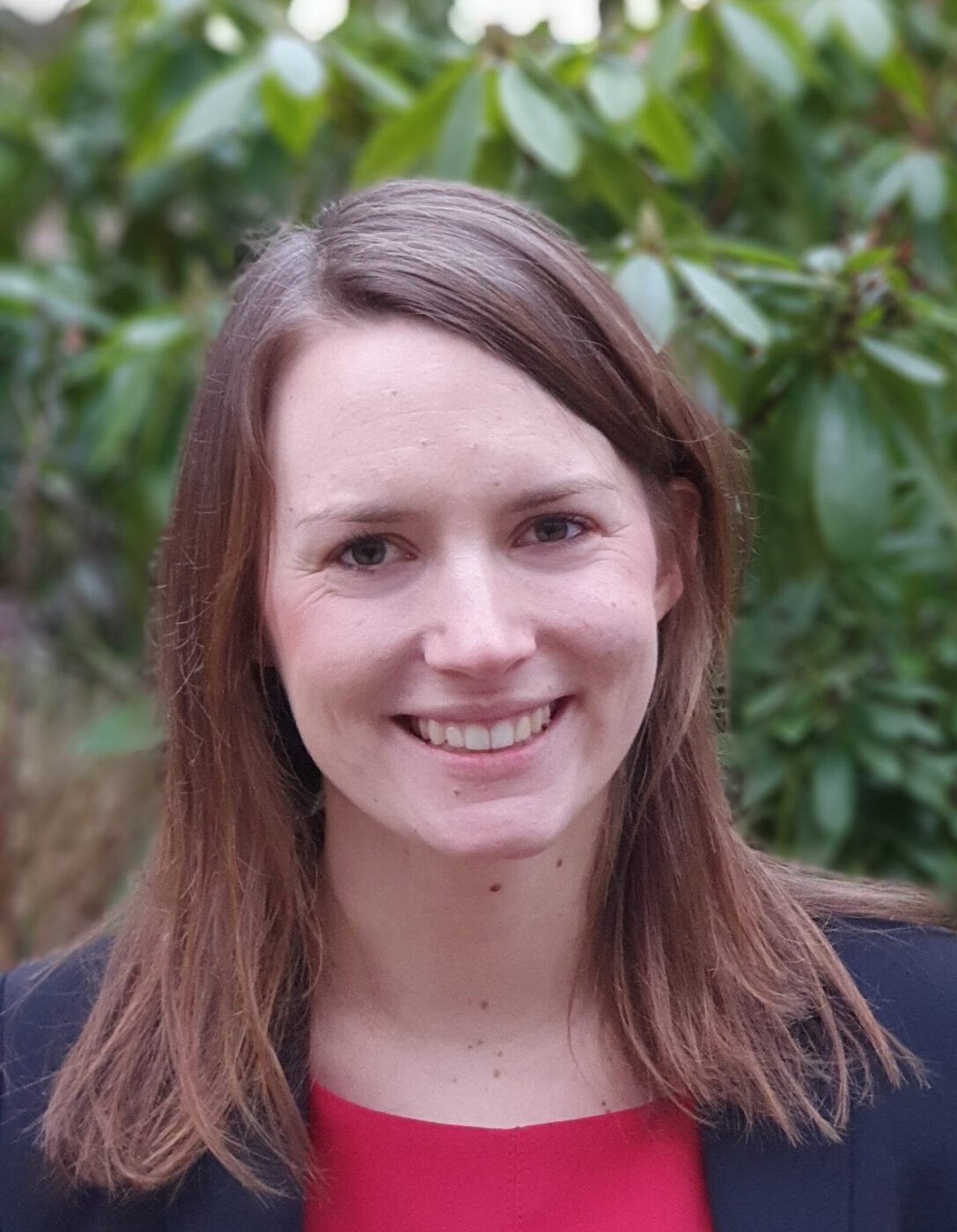How can self-adaptive systems be more aware of humans and their changing preferences? How can systems be monitored to ensure that safety and security constraints are fulfilled, without too much computing power being spent? These are two of the questions in focus for Rebekka Wohlrab, repatriated WASP researcher, starting her position as an Assistant professor in Software Engineering at Chalmers in August 2022.
Self-adaptive systems play an increasingly important role in our everyday life. This includes route planning in cars, systems providing health support to the elderly in their homes, as well as self-monitored systems for reducing energy consumption. Rebekka Wohlrab is interested in so-called human-on-the-loop autonomous systems, which are self-adaptive systems, interacting with humans and adapting their behavior or structure in response to changes in their environment:
– The goal of my research is to make systems more aware of humans and their changing preferences. Traditionally, autonomous systems have been designed to automate tasks without much human involvement. Nowadays, we understand that it is more beneficial if autonomous systems collaborate with humans.
Humans have unique strengths when making decisions in uncertain environments and it is important to consider their individual preferences and needs. With the right mechanisms, autonomous systems can be developed in a way that promotes human-machine interaction and uphold trustworthiness, Rebekka points out:
– I am working on mechanisms to keep humans on the loop, so that these systems know humans’ preferences and so that humans can monitor and understand how the systems act. With such mechanisms, we can create trustworthy autonomous systems that fulfill our needs.
Automated planning at run time
Self-adaptive systems make a lot of decisions autonomously, so that humans can focus on the most important decisions. However, in the present systems, it is often difficult for humans to understand how a decision might impact others and what quality attributes should be the most important ones for a system. Different attributes such as security, performance and environmental cost need to be traded off against each other, and what is desirable might change over time. In a recent study on automated planning for robotics, Rebekka and her colleagues are studying solutions to these problems.
– In our example, a robot should travel from point A to point B in an indoor environment. In route planning, safety, privacy, and travel time are taken into consideration, resulting in a large data set with a combination of hundreds of variables.
Through principal component analysis (PCA), the data set can be reduced to two dimensions, generating a plot showing how different factors are related to each other. In addition, cluster analysis is used to categorize data into groups, representing four main strategies for routes: the balanced, the fast, the intrusion-avoidant and the moderately intrusion-avoidant.
– By using machine learning techniques, the system can then use these clusters to explain the different alternatives for the human user and make humans more aware of the respective trade-offs.
Trustable systems for the future
Similar techniques may be used to explain quality trade-offs in different domains, e.g., security and manufacturing.
It is crucial that autonomous systems interact well with humans, as they increasingly impact our daily lives. If humans are not involved, autonomous systems are difficult to understand and act in ways that are not in line with what humans actually want these systems to do:
– My research helps us build systems that are more understandable and better meet humans’ needs. Ultimately, my aim is to improve our ability to develop systems that can be trusted by our society.
Repatriated WASP researcher
With a background in computer science from Paderborn University in Germany, Rebekka started in 2016 as a WASP industrial PhD student in a cooperation project between Systemite AB and Chalmers University of Technology.
After her dissertation in April 2020, she was awarded a WASP international postdoc scholarship, for a two-year postdoc position at the Institute for Software Research at Carnegie Mellon University, Pittsburgh, Pennsylvania. Since August 2022, Rebekka has repatriated as a WASP financed Assistant professor in Software Engineering at Chalmers:
– WASP has enabled me to build a strong network with researchers and practitioners all over Sweden. During my time as a WASP PhD student, I was able to build especially strong connections with other students in the WASP graduate school who have now found positions in industry and academia. I am sure that the WASP network will also help us in the future when initiating collaborations and starting projects together.
Rebekka Wohlrab Academic Career
- Repatriation grant for assistant professor position
Knut and Alice Wallenberg Foundation 2022 – 2024 - Wallenberg Foundation and WASP International Postdoctoral Scholarship
Knut and Alice Wallenberg Foundation 2020 – 2022 - WASP Industrial PhD
Systemite AB and Chalmers University of Technology, 2016-2020 - BSc and MSc in Computer Science
Paderborn University, Germany
More about Rebekka Wohlrab’s research: https://rebekkaa.github.io/
Published: October 17th, 2022



